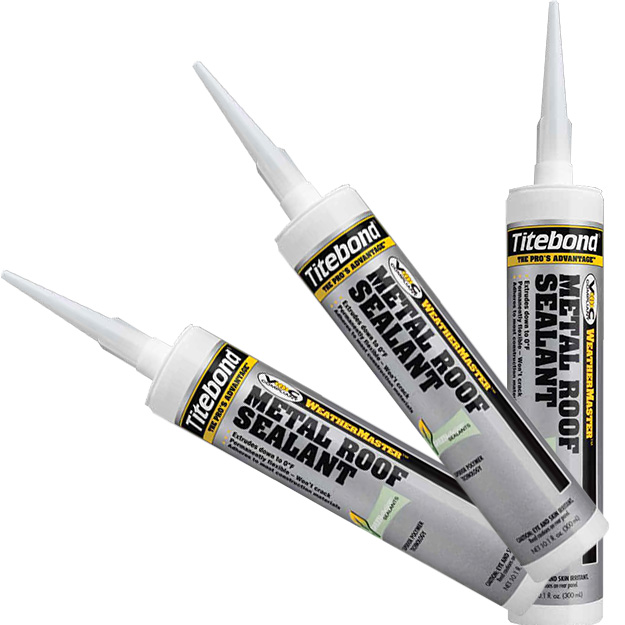Just how to Fix Your Roof Covering Leak with Flex Seal Products
Benefits and drawbacks of Roofing Tar
They use adhesives or mechanical fasteners to keep the sheets in position. Tar as well as crushed rock roof is indicated to be mounted on structures that have flat or low-slope roofing systems (i.e. no more than 3 inches of surge for each 12 inches of length). Used in the United States for greater than 100 years, tar roofings were traditionally six-ply, meaning that they had 6 layers of roofing material.
Flat roofing is vulnerable to ponding, when water stays on a roof surface area for more than two days. This excess of water locations raised weight on the roofing system and can alter the roof covering structure. Anxieties may also result, influencing the water drainage incline and also triggering the merging to continue. Continued pooling might cause vegetation expanding on the surface of the roofing system.
It conserves you from spending a substantial quantity of money and also is a brilliant option for little roofing system problems. Tar is delicate to temperature; temperature levels less than 70F implies the compound will take a long time to set. Nonetheless, in incredibly high temperatures, roofing tar will turn into a liquid. Roof covering tar's http://blatha16eb.nation2.com/dont-fail-on-shingles unique liquid/solid homes make it suitable for level as well as low incline roofings, where it can be self healing as well as repair leaks. Nevertheless, roof covering tar need to not be utilized above incline roofings, because it will certainly transform fluid at high temperatures as well as trickle off.
The really felt or fabric floor coverings are made of strengthened fiberglass, polyester or a combination of both. They are also fertilized with tar (for bond when flamed) and also emerged with mineral based granules. When warmed with the torch comes to be an adhesive to firmly attach itself to the roof deck, the tar or asphalt is the waterproofing substance within the materials that. Topping off the roofing membrane layer with gravel is not essential due to the fact that they already have a mineral based granule service that protects the membrane layer from UV rays and also minor effects.
How to Apply Tar

- This excess of water places boosted weight on the roof covering and also can change the roofing framework.
- Level roof is vulnerable to ponding, when water stays on a roofing surface area for greater than two days.
- If left discovered by the gravel, strong sun exposure can also damage the roof membrane.
- It is in some cases susceptible to leakages, particularly if the flashing and also underlayments are not appropriately installed.
- Tar as well as crushed rock roof is not generally advised in areas with great deals of snow or rain.
- Anxieties may also result, impacting the drain incline and also causing the pooling to proceed.
A tar and gravel roofing system has an excellent return on investment due to the fact that it is economical as well as lasts a long period of time. Additionally, needed repair work are less frequent due to the strength of the materials. Several sketchy roofing professionals and some hopeless do-it-yourselfers use tar to plug leakages as a fast repair without concern regarding just how long-term the fixings are. Roof tar will certainly gradually dry as well as crack which will open the roof back up to the initial leakage.
Roofing system upkeep is something you need to do in order to shield your residence from any kind of damage. A tar as well as gravel roofing needs regular upkeep to expand its lifespan. At the very least once a year, check the gravel-- if the roofing surface area comes to be revealed, it accelerates the degeneration of the roofing. Since the roof is level, rain doesn't clean down leaves that autumn on it and also this can cause ponding which takes place when water remains on the roof covering surface for more than 48 hours.
Experienced, Honest, Affordable Basement Waterproofing
How long does it take for roofing tar to dry?
When there is no debris left, you are ready to apply tar to the roof. Start in the corner furthest from your ladder. Using small amounts at a time, apply the roofing tar with your roller in short and smooth strokes. Move away from the place where you started the application until you reach your ladder.
Before beginning any type of roof covering jobs, roofing professionals get rid of debris from the surface areas to be covered. Roofing professionals cover the tar with roofing felt as well as spread warm tar over it.
Can you apply roofing tar in the rain?

Generally speaking, roof coatings take 8-24 hours to thoroughly dry. The time span difference really depends on weather conditions. Dew and high humidity will cause the coating to take longer to dry. Hot temperatures with dry weather will allow the coating to dry at a much faster rate.
